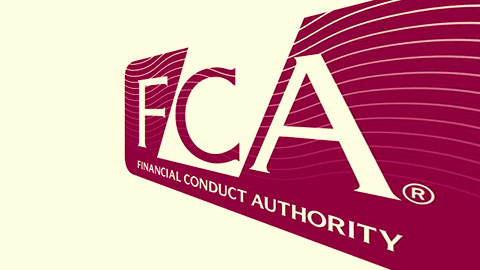The UK’s Financial Conduct Authority (FCA) has proposed new rules aimed at enhancing the protection of customers when payments and e-money firms face insolvency.
The use of payment firms has surged in recent years; however, the FCA has noted ongoing issues with inadequate safeguarding practices. Unlike traditional banking deposits, funds held by payments and e-money firms do not have direct protection under the Financial Services Compensation Scheme. Instead, these companies are responsible for safeguarding client funds, which can lead to potential financial losses or delays in returns if the firm fails.
Last year, the FCA expressed its dissatisfaction by reaching out to nearly 300 payment companies regarding their safeguarding practices and wind-down plans. This prompted the authority to initiate supervisory cases against about 15% of the firms that manage safeguarded funds.
The FCA is now advocating for an overhaul of the existing e-money safeguarding framework, proposing a system akin to the client assets (CASS) regime, where relevant funds and assets would be held in trust for customers.
Firms are required to submit feedback to a consultation by 17 December. Matthew Long, director of payments and digital assets at the FCA, emphasized, “We’re consulting on proposals to make safeguarding rules stronger and clearer for payment and e-money firms so customers get as much of their money back as quickly as possible if the firm goes out of business.”
